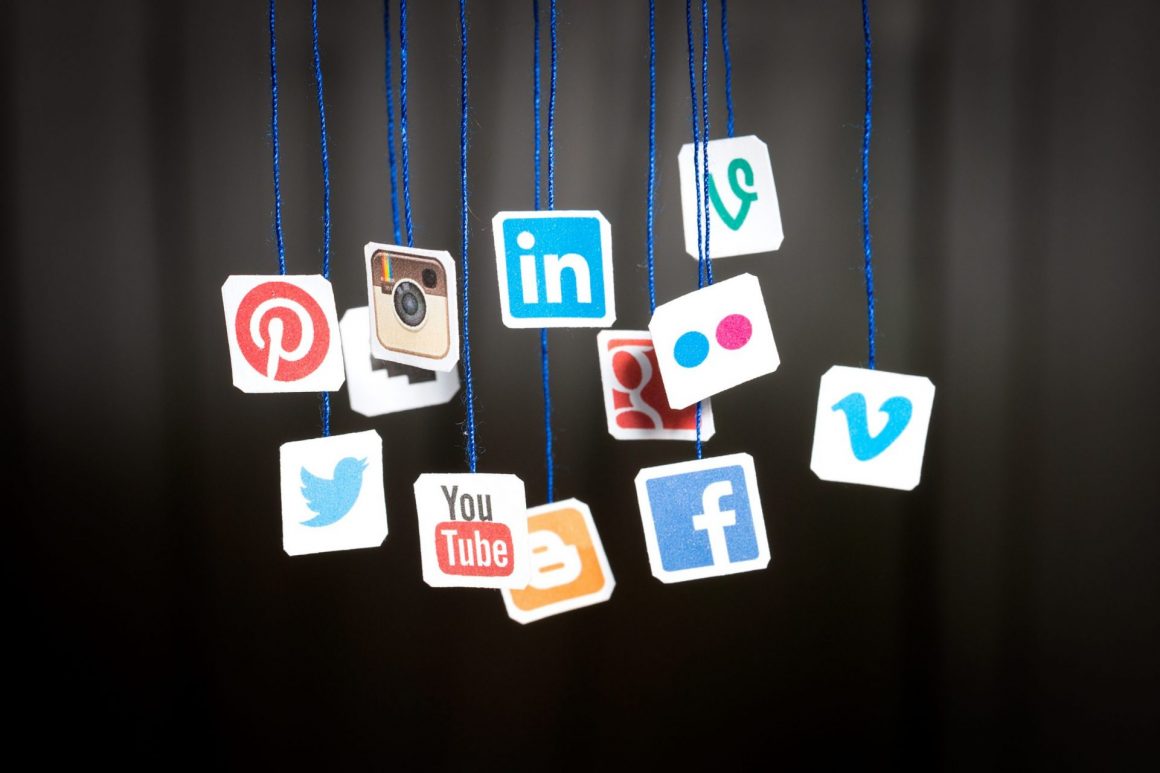Idris Elba, star of “Luther” and “The Suicide Squad,” spoke out against anonymous cyberbullying, saying all social media users should be verified just as celebrities are.
Elba’s July 18 Instagram post stated, “People in the public eye get verified on social media, (symbolised by a blue tick), the process of verification requires them to prove their IDENTITY, so everyone knows WHO is speaking. SOCIAL MEDIA COMPANIES SHOULD MAKE THIS MANDATORY FOR ALL USERS.”
Facebook, Instagram and LinkedIn did not respond to requests for comment.
Keonte Coleman, an assistant professor at the School of Journalism and Strategic Media at Middle Tennessee State University, said the modern world is still figuring out how social media should operate. “Social media companies have reaped the benefits of operating under rules created for legacy media platforms that couldn’t account for the collision of society and technology brought about in the past two decades,” he said.
Coleman added, “Verification for access to social media accounts seems inevitable because of the power and influence the platforms wield. There’s always a period where industries get to thrive and operate on their own terms before outside regulators create policies aimed at protecting the greater good.”
Elba’s post came after three of England’s national soccer players – Marcus Rashford, Bukayo Saka and Jadon Sancho – were hit with waves of racist abuse online after their team lost the championship to Italy, 3-2, in a penalty shootout at the Euro 2020 soccer tournament July 11.
Elba wrote, “If cowards are being supported by a veil of secrecy and privacy, then social media is not a safe space. It is an aeroplane that allows travellers to wear balaclavas.” He continued, “If cowards want to spout racial rhetoric then say it with your name, not your username.”
England FA supported the players in a tweet: “The FA strongly condemns all forms of discrimination and is appalled by the online racism that has been aimed at some of our England players on social media. We could not be clearer that anyone behind such disgusting behaviour is not welcome in following the team. We will do all we can to support the players affected while urging the toughest punishments possible for anyone responsible.”
Prime Minister Boris Johnson tweeted, “This England team deserve to be lauded as heroes, not racially abused on social media. Those responsible for this appalling abuse should be ashamed of themselves.”
TikTok stars Charly Jordan and Addison Rae, who both have extensive followings, supported Elba, reposting his message and tagging him on their Instagram accounts. Jordan has 6.9 million TikTok followers and 4.7 million Instagram followers; Rae has 82 million TikTok followers and 38.6 million Instagram followers.
Verification distinguishes a specific account from similarly named or similarly themed accounts, such as fan sites – or spam accounts. Different social media platforms have different procedures and requirements for verification, and requests are not automatically granted. Generally, verification goes to accounts associated with celebrities or high-profile public figures.
Facebook users can request a verified badge by filling in a form on the site that asks for identification such as a driver’s license or passport, and links to posts or articles by the applicant “that show your Page or profile is in the public interest.” Although Facebook owns Instagram, the latter has its own procedures, and the company states, “Not all Facebook Pages with verified badges have verified badges on their Instagram accounts. If your page is verified on Facebook, you will still need to apply separately for a verification badge on Instagram.”
Twitter verifies “accounts of public interest” that are “authentic, notable, and active.” Verification on TikTok can’t be requested; the company selects accounts and grants the status using its own metrics of how noteworthy an account is and how many followers it has.
Coleman noted the possible drawbacks of a push for mandatory verification. “I would hope that any verification systems and policies created by the companies or outside regulators would be created in a fair and equitable way, acknowledging that marginalized communities may be adversely impacted by the creation and implementation of such policies,” he said.
The United Kingdom pointed out several downsides, in its response to an online petition to the government and Parliament calling for a “legal requirement” that anyone signing up for a social media account must provide identification that captured 688,000 signatures.
The U.K. posted, “The government recognises concerns linked to anonymity online, which can sometimes be exploited by bad actors seeking to engage in harmful activity. However, restricting all users’ right to anonymity, by introducing compulsory user verification for social media, could disproportionately impact users who rely on anonymity to protect their identity. These users include young people exploring their gender or sexual identity, whistleblowers, journalists’ sources and victims of abuse. Introducing a new legal requirement, whereby only verified users can access social media, would force these users to disclose their identity and increase a risk of harm to their personal safety.”



1 comment